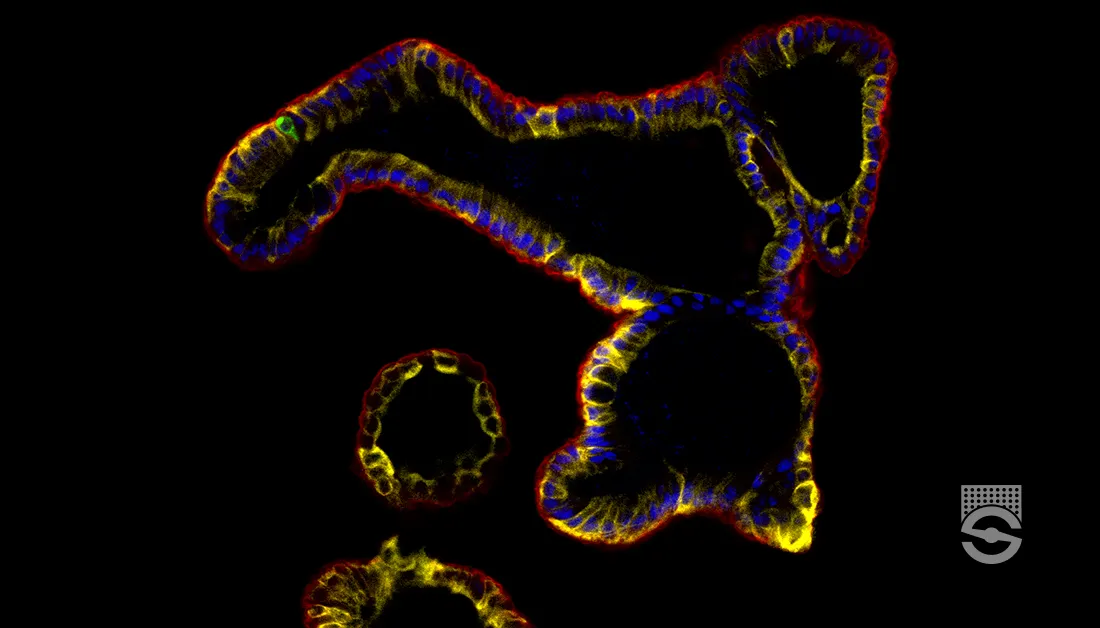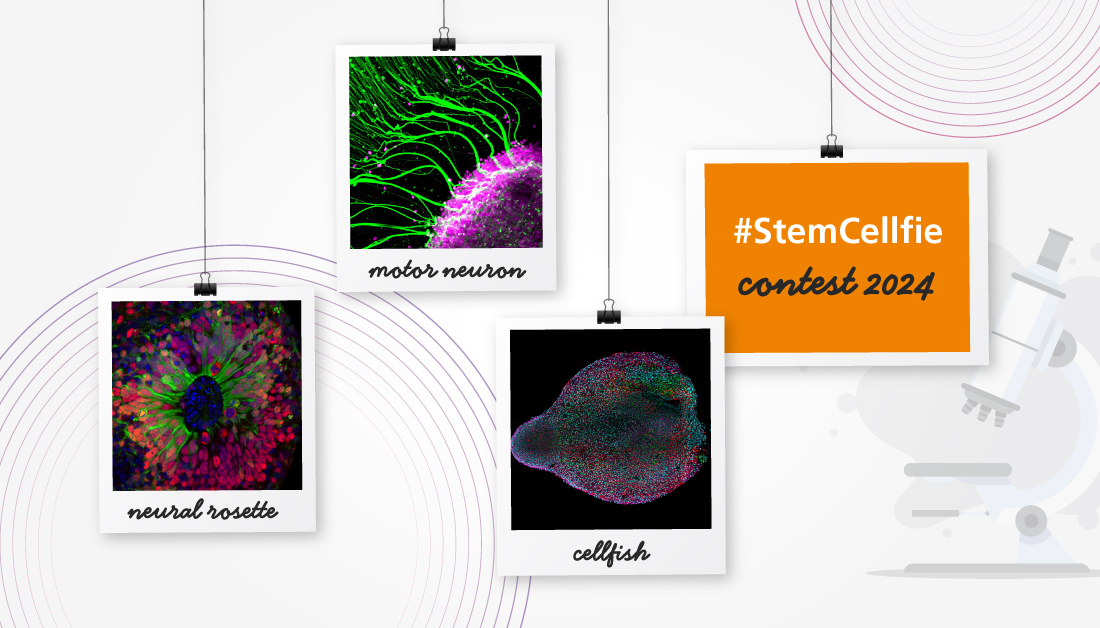Trichloroacetic Acid
–
CCl3COOH
Description
Trichloroacetic acid is a strong protein precipitant and is used in that capacity in other laboratory disciplines. In histotechnology it is used as a fixing agent in a few mixturess, but is not especially common. It causes some swelling of tissues and is sometimes incorporated to reduce shrinkage from other ingredients. It is not a dangerous chemical and the usual laboratory practices that should be used to handle all chemicals are all that is required.
How it Fixes
Proteins
Kiernan says that it likely fixes as a consequence of reactions between the negatively charged chloroacetate anion and positively charged amino groups of proteins. Other than that, there is very little information available about it. Carbohydrates and lipids do not appear to be affected.
Morphology
It is not used alone, but mixtures containing it preserve morphology satisfactorily.
Time
A few hours.
Simple Solution
It is not used alone for fixation, but is incorporated into fixative mixtures, the most widely known being Heidenhain’s SuSa.
Aftertreatment
No specific aftertreatment.
References
- Kiernan, J.A., (1999)
Histological and histochemical methods, theory and practice. Ed. 3,
Butterworth, Heinemann, Oxford, UK.





